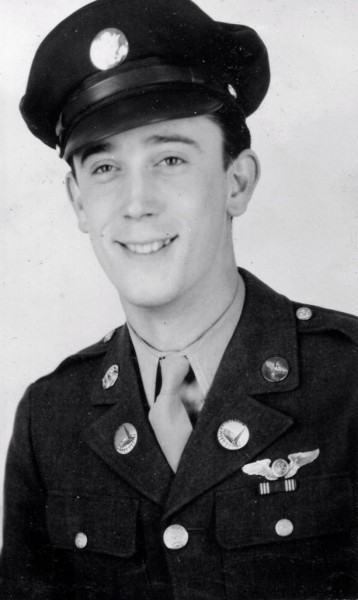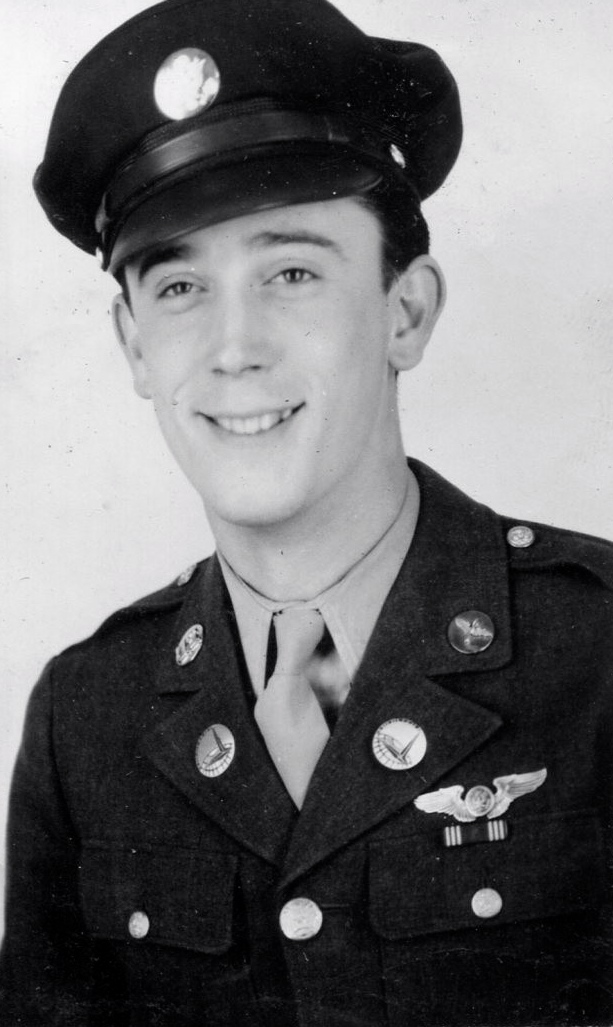
Imagine that you’re 14 years old. It’s December 1936. Today, and for a while now, you’re focusing on the fact that you are leaving home. Possibly forever.
Your parents bring you to the local train station with your medium-sized black suitcase, and the three of you await the arrival of the next locomotive. All you can think about is your journey: you’ll take this train to a harbor city, where you’ll then board a ship. This ship will then take you to a foreign country, where you don’t know the language. In fact, besides your older brother, who took this journey the year prior, you don’t know anyone there.
The train flies into the station with several ear-piercing screams. It’s time to leave. You turn to your parents and give them the tightest hugs you have ever given them. Before you have a chance to shed a tear, you rush on to one of the cars, taking a seat by the window facing the platform. The train exits the station almost as quickly as it entered, and your parents and the platform blur into the retreating horizon. A million thoughts race through your head, but one continues to return: Will I ever see them again?
This was the beginning of my grandfather’s Holocaust story. In 1936, when my paternal grandfather, Aribert Kempner, was only 14 years old, his parents sent him away from his home in Berlin, Germany to Baltimore, Maryland, where he was taken in by a Jewish family. From approximately the time he left Berlin to almost the end of World War II, Aribert received and kept about 150 letters, written nearly exclusively by his family, most of whom were still trapped in Nazi Europe. Once he became of age, Aribert joined the United States Armed Forces in order to fight the Germans, but ended up being a radio operator in the Pacific Theater.
Unfortunately, the day he left in December 1936 was the last day he ever saw his parents. Roughly 30 members of his family perished at the hands of Hitler and his Nazis.
For the past five years, I’ve been working on a book about Aribert’s story. My dad and I had always talked about compiling the genealogical and Holocaust research he worked on in his spare time into a book — for not only future generations of our family, but future generations at large, who will not have the opportunity to hear about the atrocities of the Holocaust firsthand. This idea stuck with me and became reality when I was offered a spot in an independent research program at my high school. Students had to specially apply to participate in this class, and only 60 to 70 kids, out of more than one thousand students that attended my high school, were accepted to study whatever topic they desired, within reason. From there, the rest is history — no pun intended.
Studying the Holocaust in-depth, way past what you learned in Hebrew or regular school and at the young age of 15 or 16, is tough. To say that this project has been easy would be inaccurate. I’ve definitely felt quite overwhelmed at times, even to the point that I nearly quit altogether. (Word to the wise: Don’t take two Holocaust-heavy courses in one semester, as interesting and helpful for your research as they may be.) But I don’t think I could live with the feeling that I let down not only my grandfather, but also the memories of his family members who died. For them, I keep working on my book.
Memory isn’t the sole reason I keep writing. I started this because my dad and I wanted to share my grandfather’s experience with my generation in order to keep the message and events of the Holocaust alive. From personal experience, I feel that our generation possesses a concerning level of indifference and/or ignorance towards the Holocaust. It’s just another moment in history that the school system forces students to learn about. As a result, students do not take the Holocaust seriously.
In my sister’s high school freshman history class, the teacher brought in a Nazi flag that he’d inherited from his American war veteran uncle while they were covering the era. One of her classmates took a picture of the flag, and posted it on Facebook with the caption “Best history class EVER.” It got a considerable number of likes and comments — even from people who were not in the class! One boy wrote, “ummmmmmmm….i thought you stopped doing that kind of stuff” — which may or may not have been a joke, but the bottom line here is that both the photo and the comment were inappropriate, and showed these students weren’t treating the Holocaust seriously.
In my sister’s English class that same year, after reading Eli Wiesel’s Night, a boy placed a piece of tape on her arm and claimed that “she was his slave,” suggesting the tape represented the numbers tattooed on the Nazi prisoners. If students only slightly younger than me are acting this way toward the Holocaust, I truly hate to think how following generations will do.
I haven’t experienced that level of disrespect and hostility, but I usually get one of two responses from people when I tell them about my project: they either become ecstatic and impressed, or look hesitant and uncomfortable. Since I’ve come to college, the former is more common, but I still see the latter quite often.
I currently have a rough draft of my book, and I intend to have at least a partial second draft at the end of this semester, as I’ve been given the opportunity to work on it for credit one-on-one with the director of the Judaic Studies Program at my school, University of Maryland, Baltimore County. My goal is to publish my book before I graduate in two years for a few reasons. As we advance into the 21st century, we are slowly losing survivors to old age, leaving us with only material versions of their memories. While books and documentaries remain crucial tools of remembrance, they can’t compare to hearing a survivor recount their story. I also hope that the younger I am, the more likely others my age will perhaps listen to what I have to say. I hope that I can help alter this pervasive and ignorant attitude to some degree, so that the Holocaust will not become another chapter in history textbooks.
I will neither forget my grandfather, who has since passed, nor his family that perished — but it is on us to make sure the victims’ memories stay alive.
Alexa Kempner is a student at the University of Maryland, Baltimore County.

